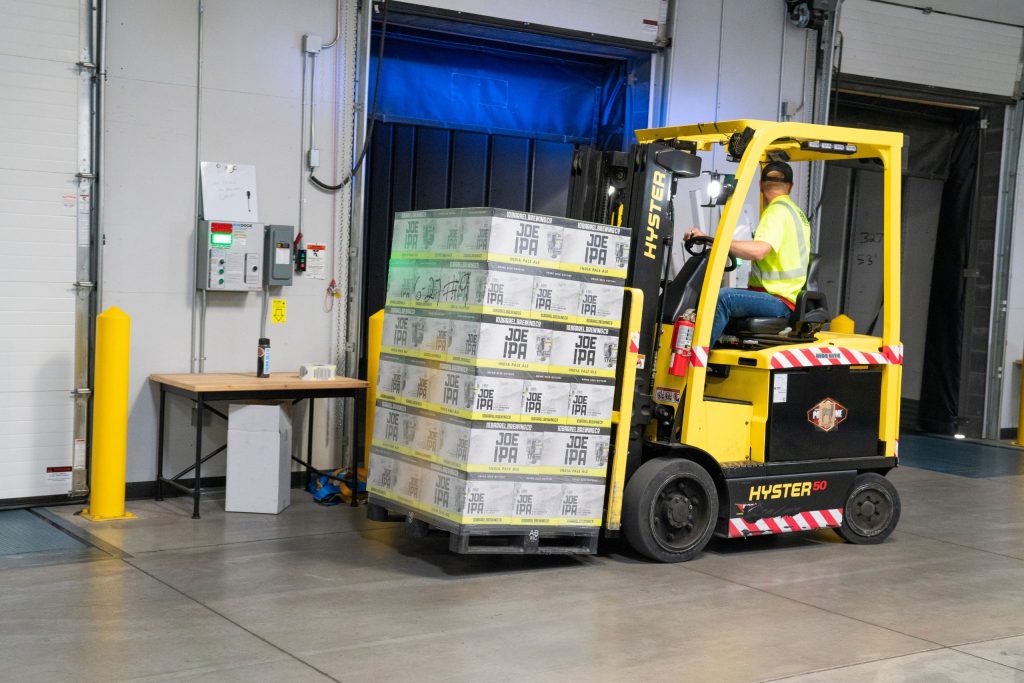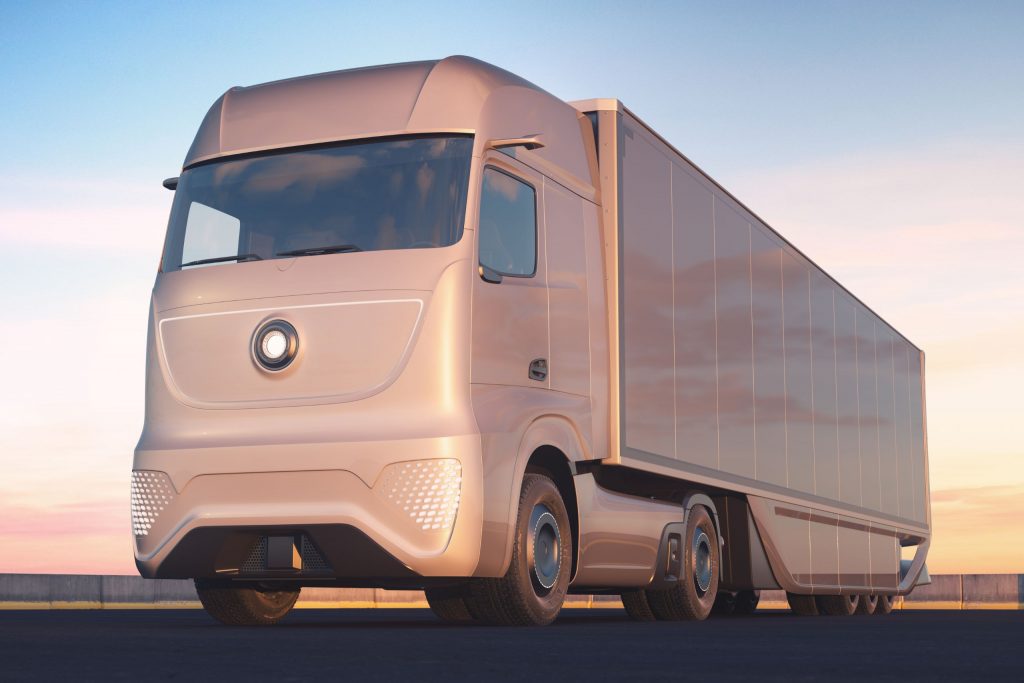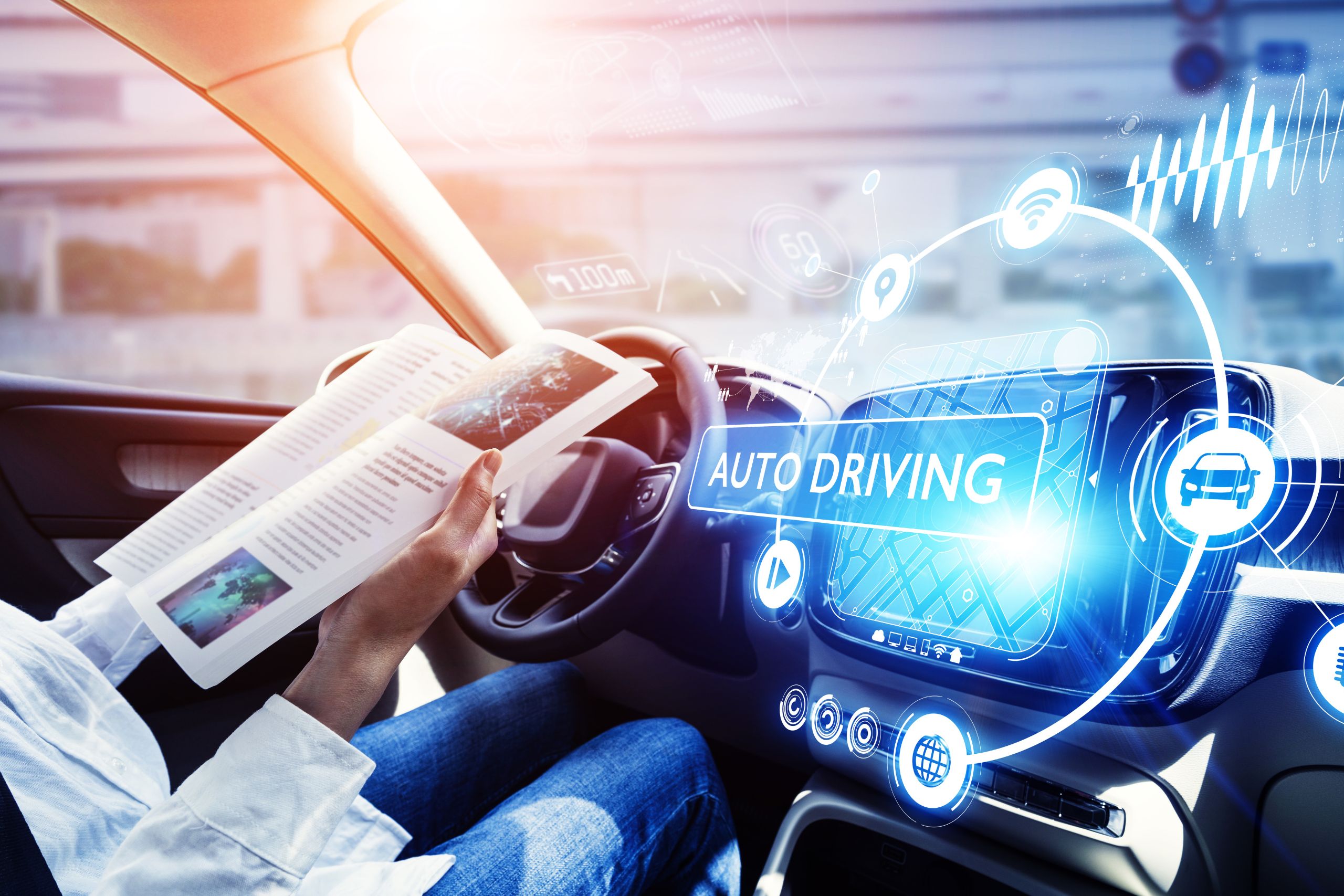Driven by the emergence of driverless cars, the goods transportation sector is about to change drastically. Self-driving cars and delivery systems become increasingly practical as technology develops, therefore changing supply chains and logistics. Apart from automation, this revolution offers opportunity to improve safety, increase efficiency, and promote sustainability. Given that road accidents account for a large portion of transportation-related fatality, the accuracy of autonomous cars might greatly help to lower events resulting from human mistake. Furthermore, autonomous technology provides a timely reaction as the sector deals with increasing operational costs and continuous driver shortages, therefore allowing constant and competitively priced transportation options. This presentation will address how autonomous automobiles are tackling current industry challenges and altering the way commodities are delivered forward.
Increased Efficiency in Freight Operations
Operating around-the-clock without the exhaustion felt by human drivers, autonomous trucks are transforming logistics. They may so hit the road at any moment, guaranteeing prompt delivery and thereby lowering the possibility of delays. Imagine a transportation business able to transfer items constantly, therefore streamlining timetables and hastening delivery of products to their destinations. Less disturbance helps companies to have better logistics and customer satisfaction.
Moreover, these very sophisticated vehicles improve driving performance by working in platoons. The others may automatically follow suit when the lead truck slows down, therefore saving gasoline and lowering the traffic congestion danger. Just as it reduces emissions and increases production therefore boosting the economy, this effective collaboration enhances the surroundings. With autonomous technology offering the route for a more ecologically friendly and effective transportation system, trucking seems to have bright future.
Cost Savings for the Freight Industry
For transportation and logistics, autonomous cars are revolutionizing the field; all the more, they simplify and expedite things! These smart machines may save money for companies by using less fuel and be better for the environment. Autonomous trucks help to save wasted fuel by driving during off-peak hours and optimizing routes, therefore benefiting the pocketbook as well as the environment. They also enable round-the-clock operations and less vacant kilometers on the road by being built to function free from the limitations experienced by human drivers.
The lower labor expenses resulting from autonomous cars represent even another significant benefit. Companies may simplify their operations and concentrate their personnel on higher-value activities by assuming many of the chores that traditionally needed a human driver completes. By filling critical gaps, this not only helps to solve the continuous driver shortage but also lets current drivers have better employment with less stress and more assistance. Simply said, autonomous cars are a clever, reasonably priced option that may increase productivity and enable companies to flourish in an always changing market rather than just a tech fad!

Enhanced Safety on the Roads
Modern sensors and artificial intelligence revolutionize road safety enhancement for everybody. These technologies used together considerably reduce human error, which is a main factor causing accidents. While sophisticated sensors track their environment continuously, autonomous cars may react instantly to road conditions, traffic, and roadblocks. Apart from guaranteeing their safety, this encourages youngsters to improve their driving. Imagine a delivery truck reacting quickly to a person crossing the street or a car cutting in front of it without the delays brought up by human drivers.
Apart from improved security, applying artificial intelligence in transportation of products may significantly lower the overall accident risk. By relying on data and machine learning algorithms, these vehicles can always learn from their surroundings and experiences, so they are better at handling challenging conditions over time. This not only protects the other drivers but also helps to cut the damage and accident associated costs. We may expect a day when goods transportation is not only smart and efficient but also much safer for everyone involved as the technology improves and becomes more included into our logistics systems.
Environmental Benefits of Autonomous Freight
Apart from their short delivery times, autonomous freight vehicles greatly contribute to environmental protection. By optimizing routes and maintaining consistent speeds, these vehicles may significantly reduce emissions than more traditional forms of transportation. By use of real-time data analysis, autonomous trucks may choose the most effective routes, therefore avoiding traffic and hence reducing needless stops. This implies they require less gasoline, which is fantastic news for the companies depending on them as well as for our world.
Less emissions can mean better air and a healthier surroundings. Once logistics firms embrace these smart technology, they can boldly help with environmental initiatives. Changing to autonomous goods solutions not only solves the personnel issue in the trucking sector but also forward a better future. From this win-win situation, the surroundings benefits as well as the economy!
Challenges in Adopting Autonomous Freight Vehicles
High initial expenses, legal challenges, and public skepticism characterize the road towards broad adoption of autonomous vehicles (AVs). Like ride-hailing firms like Uber and Lyft, developing AV technology is not inexpensive, hence only a few large firms may possess fleets of AV cars for now. For regular consumers who would want for their own personal AVs, this paradigm might restrict access. People also naturally hesitate to welcome such a significant change. Before they ever get out on the road, they want to make sure these cars are dependable and safe.
The good thing is that advancement of technology proceeds quickly. AVs are becoming smarter and more fit for demanding driving circumstances since artificial intelligence and sensor technologies are constantly evolving. Public comfort level will clearly increase as governments and companies concentrate on safety standards and policies. We should expect a constant trend toward a day when autonomous vehicles are a regular sight as technology presents itself and rules catch up, therefore increasing our road safety and transit systems.

Conclusion
Driven by innovation, improved efficiency, and supply chain sustainability promotion, autonomous vehicles are ready to transform goods movement. By means of developments in artificial intelligence, sensor technologies, and connection, these vehicles can run 24/7 free from human drivers, therefore alleviating the continuous driver shortage and raising general capacity. They support the integration of technologies such edge computing to maximize logistical operations and help to enable new business models including asset-sharing among carriers. By means of more flexible, responsive, and effective supply chains, autonomous trucks and delivery robots may also simplify the flow of products, lower cost, and allow more environmentally friendly practices, thereby transforming the scene of global commerce.


